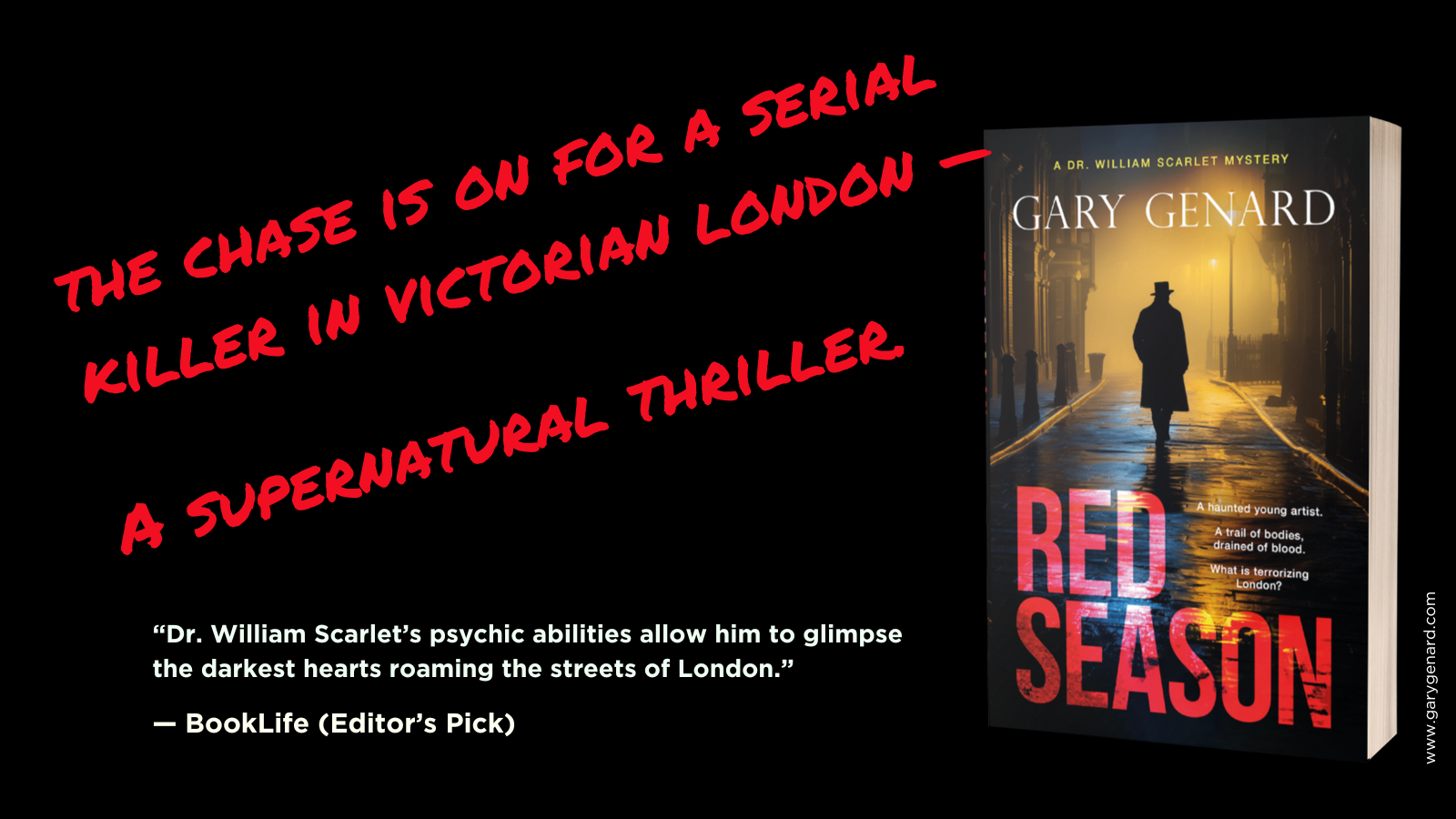How good are you at gaining people's confidence immediately when you speak? Here are 5 ways to improve your credibility in public speaking.
credibility
n. The quality of something capable of being believed or relied upon or that is worthy of confidence. See also veracity. (Webster's New World College Dictionary)
is there anything that beats credibility when it comes to getting an audience to trust in what you say? Nope. It's like gold: a surefire way for listeners to buy what you're selling. And the faster you can establish it, the more people will open themselves up to your influence.
Credibility is an essential tool for leadership! Improve your influence as you speak with poise, presence, and power. Get my book, Speak for Leadership. On Amazon.
Get In The Credibility Zone. The interesting thing about credibility, though, is that it has to exist in the audience's mind, not your own. It's a speaking quality, then, that can only be created by the right kind of focus. By that, I mean the kind that emanates from a speaker who is more interested in the audience's needs than his or her own, and knows how to achieve presence and charisma in speeches and presentations.
So how can you get this magic speaking quality working for you rather than against you? Below are 5 ways to make that happen, so you can convince listeners and get them on your side every time you speak in public.
Learn how to establish credibility within the first 60 seconds! Download my free cheat sheet, "4 Characteristics of an Influential Speaker."
5 Ways to Win Credibility with Your Audience
1. Tell us your full name and title. Some speakers have "perceived credibility." That is, before they even show up, they are a known quantity concerning their topic. If your name is Bill Gates or Meryl Streep, we'll automatically listen to you when it comes to software or acting. The rest of us need to alert listeners that we own some expertise to speak on a subject.
Doing so starts at the very beginning of your talk. Audiences need the full deal about who they are listening to, not just, "Hi, I'm Liz." Compare that to this: "Good morning. I'm Elizabeth Williams, VP of Member Outreach at Irresistible Products." From my place in the audience, I'm beginning to think this person know something about member relations.
Starting out strong is a key element of memorable presentations. Learn how in my Free cheat sheet, "How to Start a Speech — 12 Foolproof Ways to Grab Your Audience."
2. Tell the audience why your talk matters to them. Have you ever listened to a sales rep go on about his company's "key differentiators," "turnkey solutions," and market share they own? I once trained 45 sales reps for a SAS company, every one of whom used the same PowerPoint deck that discussed the company's uniqueness. Would you care to hear that at as audience member—or would you be waiting to hear how they can help solve your firm's problems?
Audiences are always strongly in a "What's in it for me"? mode. As speakers, we can become so wrapped up in our content that we don't present our material as an opportunity to meet those needs. After all, it's called "giving" a speech! The earlier you make that apparent, the sooner listeners will see you as someone who's speaking for their benefit. That realization immediately boosts credibility.
Speaking of starting your influence early, do you struggle with introducing yourself? Download my Free Resource, "How To Introduce Yourself In A Professional Situation."
3. Establish your credentials. Your bona fides are legitimate and necessary adjuncts to your concern for your listeners. If you've been a structural engineer for 30 years, the audience needs to hear that before you discuss bridge safety. If you don't hold a Ph.D. in Apiology in your lecture at the local library, let listeners now that studying bees has been a hobby of yours since you were 15. That credential may be equally valuable in their minds.
Note, incidentally, that this item is third in the list, not second. Mentioning your credentials directly after your name and title can seem arrogant. And anyway, it's better to get right to telling people how they will benefit from what you're about to say. Here's more on developing great in-person influence, my Free Tips and Tricks Guide, "20 Ways To Connect With An Audience For Lasting Influence".
4. Live in your audience's world. You've already mentioned to listeners how they can benefit by what you're talking about. Now you need to demonstrate that in every aspect of your talk. Take every opportunity to relate what you say to the audience's experiences. It's far too easy to climb into the cocoon of your knowledge instead, never coming come out again!
For instance, one of my longstanding clients at The Genard Method is a scientist who probably gives 50 speeches a year. In one of our coaching sessions, I learned that an upcoming talk would be to a group of IT professionals. So I asked him, "Why can you say, right after you introduce yourself, that will interest them in your topic . . . how can you present it in terms of their needs?"
Another essential way you can live in your audience's world is to remind them that you know they are there, versus sounding like you're talking to yourself. Say things like: "Isn't this something that you see in your industry?" "You can relate to this, can't you?" and "What do you think . . . does that explanation make sense?" I call it touching your audience.
5. Give Evidence To Back Up What You're Saying. Remember that your most important task as a speaker is to engage and influence your audience, not deliver information. The data will take care of itself. Train your ear so that you can hear when you've been speaking too theoretically or in generalities. Even discussing your grand vision without end can be too much of a good thing.
Use examples, illustrations, and stories to put something in the audience's pocket that they can take home. Notice that in this article, the examples and stories I've used include: Bill Gates and Meryl Streep, the forty-five PowerPoint presentations from the sales reps, the engineer discussing bridge safety, the amateur beekeeper speaking at the local library, and my long-time client and his audience of IT professionals.
When you bring stories like this into your talks, your audience will see you as more human and interesting. They'll consider you all the more credible because of it.
Do you like mystery series and supernatural thrillers? Introducing Scotland Yard police examiner and psychic, Dr. William Scarlet. Read Book #1 in the series, Red Season today!
You should follow me on Twitter here.

Gary Genard is an actor, author, and expert in public speaking and overcoming speaking fear. His company, The Genard Method offers live 1:1 Zoom executive coaching and corporate group training worldwide. He was named for nine consecutive years as One of the World’s Top 30 Communication Professionals, and also named as One of America's Top 5 Speech Coaches. He is the author of the Amazon Best-Seller How to Give a Speech. His second book, Fearless Speaking, was named in 2019 as "One of the 100 Best Confidence Books of All Time." His handbook for presenting in videoconferences, Speaking Virtually offers strategies and tools for developing virtual presence in online meetings. His latest book is Speak for Leadership: An Executive Speech Coach's Secrets for Developing Leadership Presence. Contact Gary here.
Main photo credit: Marek Studzinski on unsplash.com





